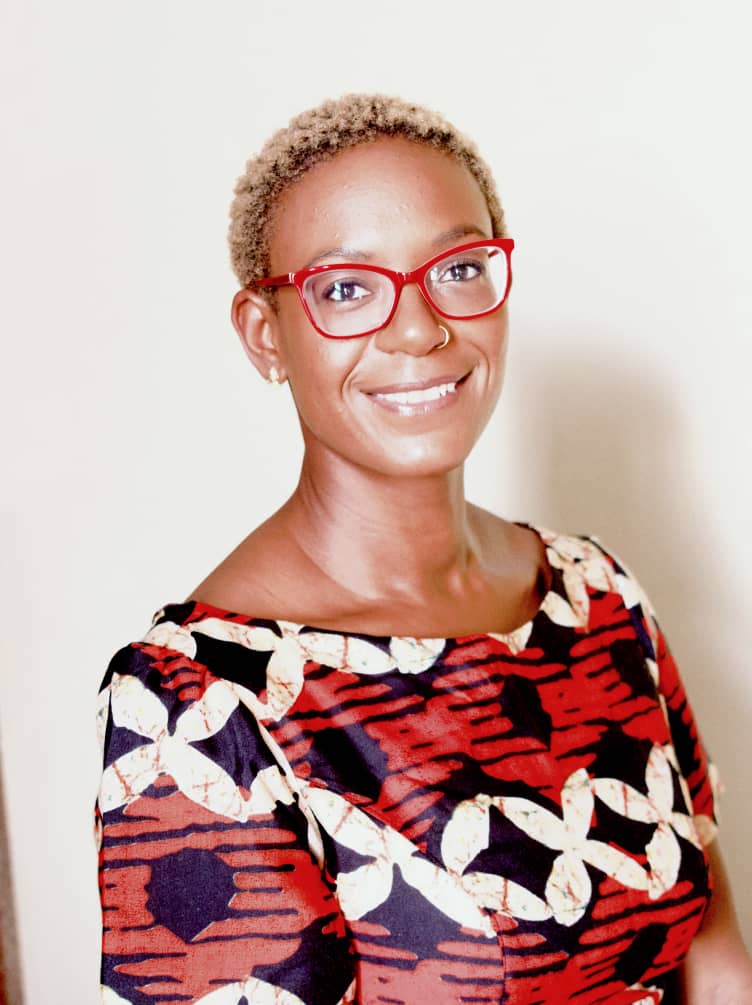
Hi, I’m Tanya A. Garnett. Decades of research have provided the evidence base that social norms, and particularly gender inequality, lead to divergent development outcomes. There is a body of literature that details the myriad ways development actors, including practitioners and evaluators, ignore the complex social realities in which they operate, however, many actors continue to assume that all people benefit equally from interventions. At best, interventions are ineffective, only skimming the surface of the problem and providing temporary solutions that end when the project closes. At worst, our interventions generate negative unintended consequences that exacerbate social tensions or create new problems for struggling local actors to address. Having lived and worked in Liberia since 2011, I decided to open a feminist research firm, Nunlai Research & Consulting, to focus more intently on the nexus between gender, development, stakeholder engagement and natural resource management.
Although it may be hard to accept, I think the underlying reason that we ignore the potentially negative impact of our interventions is due to an unconscious bias that views Africa and other contexts, particularly traditional and rural environments, as inferior to our own. Because of the need for our interventions, our conditioned minds classify non-Western countries, communities, and peoples as poor, and hence lacking cultural significance. This leads us to oversimplify the context and causes us to ignore the rich socioeconomic fabric and dynamic elements at play in the environments that we work in. We ignore the history and culture that can teach us a great deal about our projects, the interplay between household and global dynamics, and ultimately ourselves.
This colonial mindset is only further exacerbated by the short and often rushed timeframes of most evaluations and assessments. Desk reviews become a box-ticking exercise, instead of an opportunity to deepen our understanding of the lives of the people and communities our projects are meant to improve. We miss the opportunity to learn the historical and cultural elements that can better situate our work and provide more grounded findings and recommendations.
As a development practitioner in Africa, I have witnessed and been part of this problem. My frustrations with the lack of effectiveness and negative consequences of our work led me to seek an alternative path to traditional research epistemology. Feminist research methodology is an evolving technical approach that adds a much-needed gender lens to development and evaluation practice by intentionally integrating a deeper understanding of the varying inequalities within a context that often prevents certain voices from entering the conversation. This approach intentionally seeks to understand the historical and socioeconomic context by meaningfully engaging local actors in the implementation of projects and evaluations. This is more than just sex disaggregated data! Instead, we must incorporate the voices and perspectives of women and other marginalized groups throughout our processes. We could only begin to identify inequalities and marginalized groups by first appreciating the complexity and diversity of experiences that exist.
As evaluators and project managers, we have the power to shift practice by first recognizing our own unconscious biases through introspection. How do we adopt a Do No Harm approach so that we become aware of the unintended consequences of our interventions? How has colonization led us to see people in different environments as the “other”, totally separate from ourselves? How has patriarchy led us to ignore inequalities and assume that women and men benefit equally from interventions? While we need to be efficient, my hope is that we can begin creating space for such questions that can enable us to be part of the solution.
Rad Resource:
Learn more about feminist research methodology by reading this introduction by Dr. Jane Wambui.
Do you have questions, concerns, kudos, or content to extend this AEA365 contribution? Please add them in the comments section for this post on the AEA365 webpage so that we may enrich our community of practice. Would you like to submit an AEA365 Tip? Please send a note of interest to AEA365@eval.org. AEA365 is sponsored by the American Evaluation Association and provides a Tip-a-Day by and for evaluators. The views and opinions expressed on the AEA365 blog are solely those of the original authors and other contributors. These views and opinions do not necessarily represent those of the American Evaluation Association, and/or any/all contributors to this site.e.
